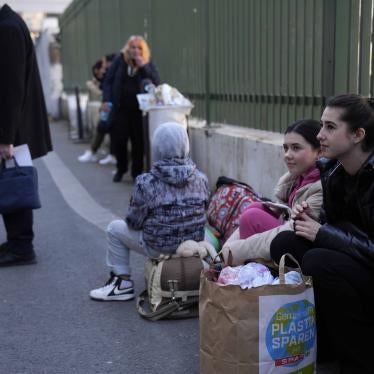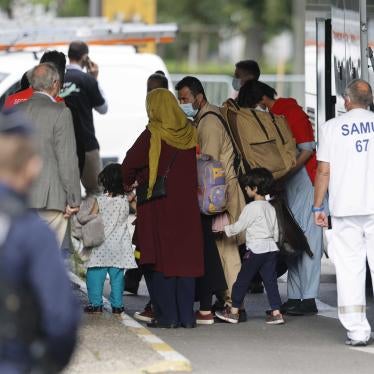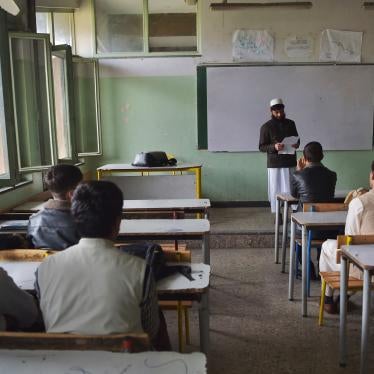To mark World Refugee Day, members of the Alliance for Human Rights in Afghanistan stand together to honour Afghan refugees around the globe. We honour their strength and courage as they have been forced to flee their home countries to escape conflict and persecution. We acknowledge the profound hardships they have endured and reaffirm our commitment to carry their voices and defend their rights. The Alliance for Human Rights reminds the international community of its obligations to uphold and protect the right to seek asylum, the right to life and other fundamental human rights of Afghan refugees under the international human rights law regime.
The Afghan refugee crisis is one of the largest protracted refugee situations in the world. Today, over 6 million Afghans have been driven out of their homes and their country by conflict, violence and poverty. Of those, 3.5 million are displaced within Afghanistan, with 2.6 million Afghan refugees living in other countries. These numbers have been exacerbated by the Taliban´s seizure of power in Afghanistan in August 2021 and the critical humanitarian crisis Afghanistan is facing today. The impact of the situation has been particularly devastating for women and children, who account for 80 percent of newly displaced Afghans, as they face increased protection risks such as family separation, psychosocial stress and trauma, exploitation and gender-based violence.
Refugee rights are fundamental human rights. The 1951 Refugee Convention and its 1967 Protocol protect the rights of refugees. This includes the right not to be expelled except under certain strictly defined conditions; the right not to be punished for illegal entry into a state; the rights to work, housing, education, public relief assistance, freedom of religion, access to the court system, freedom of movement within the territory and receiving identity and travel documents.
Regrettably, many Afghan refugees, including in Iran, Pakistan, Uzbekistan, Tajikistan, Malaysia and Turkey do not enjoy their rights under international law. They continue to face brutality, violence, ill-treatment and pushbacks. They face discrimination and struggle to access basic services, education, work, identity and travel documents. In the worst cases, they face arbitrary detentions, penalties and forced deportation.
We are appalled by the increasing number of incidents of violence and serious human rights violations against Afghan refugees. In the face of such egregious abuses, many governments are ignoring the great suffering of individuals in need of international protection, particularly women and children.
States must uphold their commitments and respect fundamental human rights, including the right to life and the right to seek asylum. We call on states to:
- Ratify the 1951 Refugee Convention and its 1967 Protocol
- Take all necessary measures to ensure the safe passage out of Afghanistan for all those targeted by the Taliban and other parties. This includes ensuring that border crossings remain open, visas are expedited, support for evacuations is delivered, and relocation and resettlement support is provided;
- Immediately end forcible return of Afghan refugees and heed the call of the United Nations High Commissioner for Refugees (UNHCR) to suspend the forced return of nationals and former habitual residents, including anyone whose asylum claims have been rejected, until the situation in the country has stabilized sufficiently as determined by an independent human rights assessment, and the security, rule of law and human rights situation in Afghanistan has significantly improved to permit returns in safety and dignity;
- Allow all Afghan seekers to access a clear, transparent and functioning asylum system, lodge a claim for international protection and apply for resettlement
- Provide individuals at particular risk including human rights defenders, journalists, women leaders and activists, and LGBTIQ+ persons, immediate practical support at all levels, including through diplomatic and political channels, with specific and enhanced protection measures for women human rights defenders and women journalists. Use their influence, including in economic, political, or religious realms, to ensure compliance with the above demands.
We stand in solidarity with Afghans – both at home and in exile.
Amnesty International
Human Rights Watch
Freedom House
Freedom Now
International Federation for Human Rights (FIDH)
MADRE
World Organisation Against Torture (OMCT)









